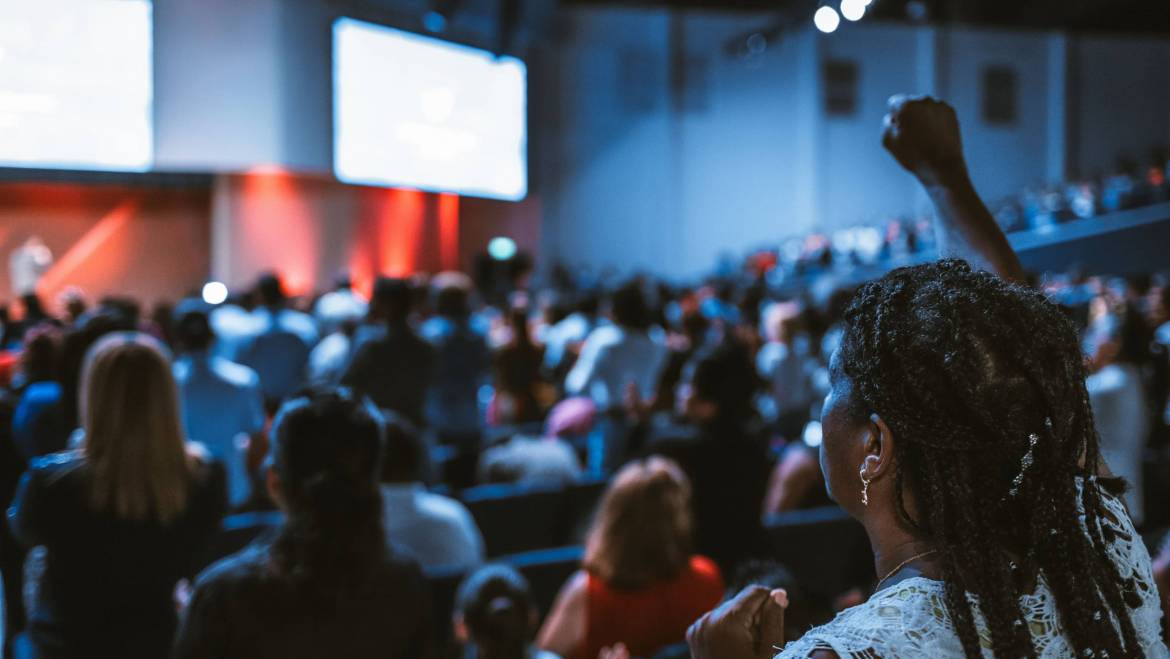DevRes2021, the Swedish Development Research conference, was hosted by Umeå University and Swedish Agricultural University on June 14-16. With a theme of ‘Advancing Sustainable Development’, the conference aimed to provide a creative forum for people from different sectors – researchers, policy makers, practitioners, funders and other stakeholders – to discuss how research for development can contribute to sustainable transformation. This was done with a particular focus on the Agenda 2030 and the Sustainable Development Goals (SDGs).
Formerly scheduled for June 2020, the conference had been postponed due to the global Covid-19 pandemic, and switched to a fully virtual conference. Despite these changes, the conference attracted widespread international participation with speakers from over 30 countries participating in a total of 50 panel sessions, highlighting that a virtual setting can also facilitate more diverse and inclusive participation.
Dr. Grace Wong chaired a session on Development for whom: Revisiting inequality and social injustice in sustainable development, with the proposal that sustainable development is characterized by improvements in human well-being and by social relations that are equitable and compatible with principles of democratic governance and justice. The panel included a keynote talk and 5 case studies that examine political and social consequences of business-as-usual development and explores the potential for transformative approaches to development sensitive to intersecting inequalities.
The studies highlighted that there is increased recognition among local and international policy actors that gender and economic inequalities need to be addressed for more efficient and inclusive development. Despite this recognition, however, the presentations showed that there are gaps in how organisations and governments deal with inequalities, by overlooking or leaving out key structural issues – like power dynamics and historical colonial legacies.
A key message from the panel session was that we cannot talk about equity, without talking about power, and that there is an urgent need to consider how power structures emerge and interact, as well as asking who benefits, who dominates, and who is left behind.
As people working within science and development, we were encouraged to start unpacking these issues by considering the following points:
- How are power relations between different stakeholder groups dealt with?
- What are the terms we use when we talk about different stakeholder groups? Are we replacing or reproducing problematic terms (like the “global North/South”)?
- How are we potentially reproducing long-standing inequities along the lines of gender, wealth, and the hierarchy of knowledge?
- Is the work productive, authentic and delivered with care?
- How does the work respond to the need for epistemic justice?
- How might the work help correct historical record or legacies?
- How is intellectual leadership incentivised?
- How does the work engage with communities on their own terms?
List of panelists:
Chair – Dr. Grace Wong, Stockholm Resilience Centre
Dr. Nadia Sitas, Centre for Sustainability Transitions
Dr. Mawa Karambiri, University of Helsinki
PhD student Alizée Ville, University of Helsinki
Dr. Hanna Sinare, Stockholm Resilience Centre
Dr. Amanda Jimenez-Aceituno, Stockholm Resilience Centre
Dr. Anamika Das, Jawaharlal Nehru University
Dr. Tim Daw, Stockholm Resilience Centre

